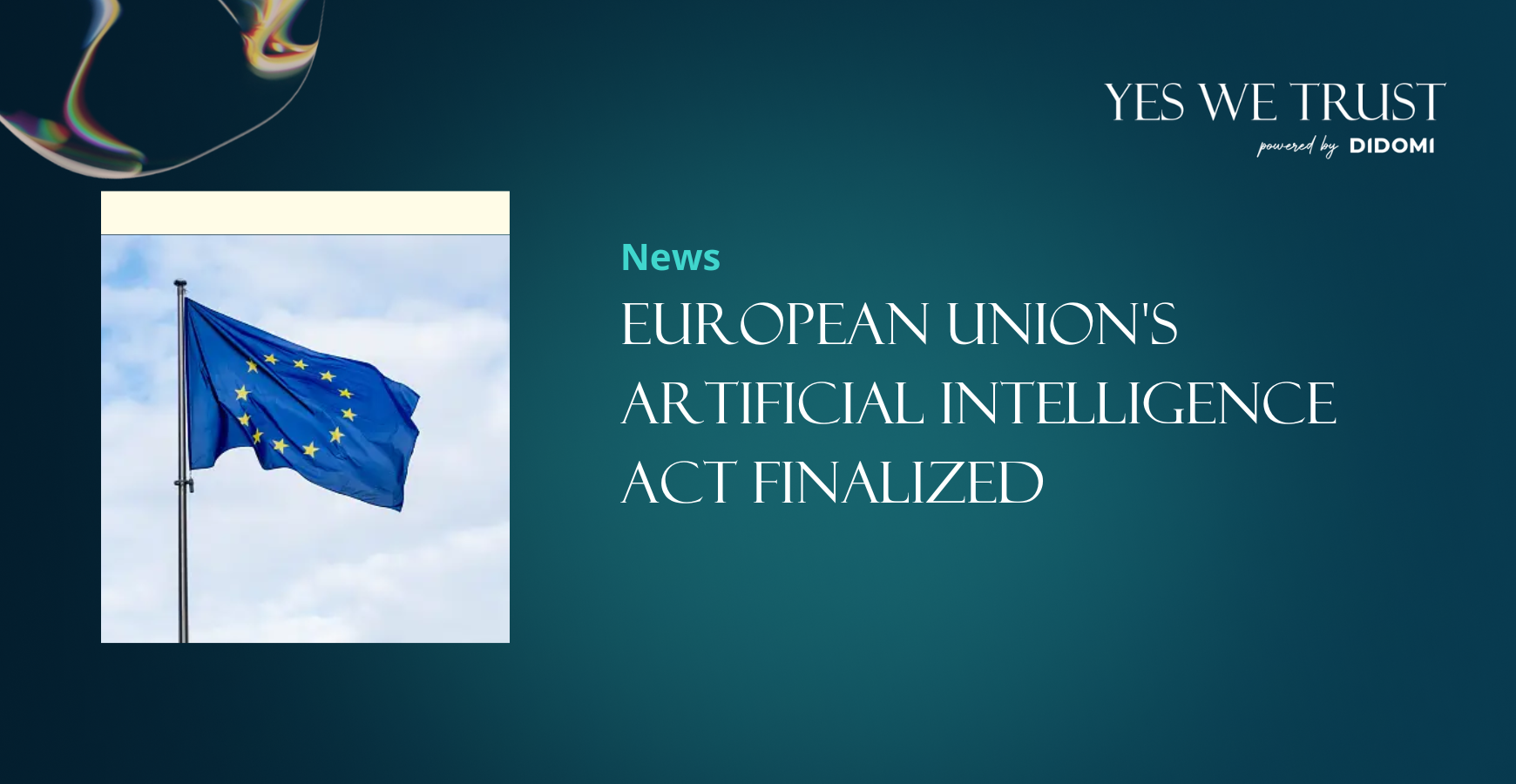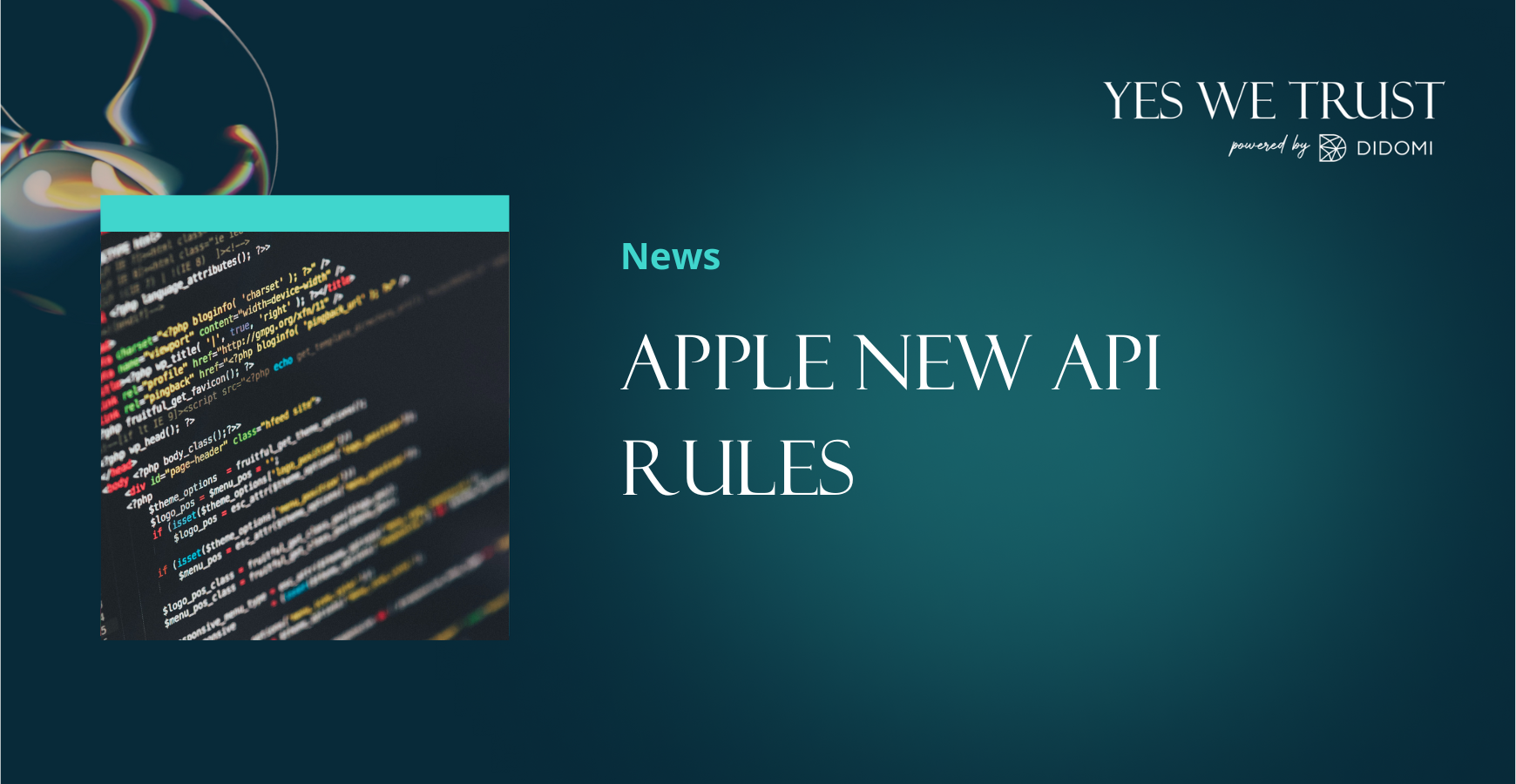Summary
Last week, the European Union agreed on a deal on the AI Act, the first comprehensive law regulating artificial intelligence (AI).
This landmark legislation aims to set global standards for the responsible use of AI technology, balancing its potential benefits with concerns about risks such as job automation, misinformation, and threats to national security. The law mainly focuses on regulating the riskiest uses of AI by companies and governments, including those in law enforcement and critical services.
Key provisions of the AI Act include transparency requirements for makers of general-purpose AI systems, like those behind ChatGPT. Chatbots and software creating manipulated images, such as deep fakes, must indicate their AI-generated nature. The law also restricts the use of facial recognition software by police and governments, with potential fines of up to 7 percent of global sales for violators.
The EU's approach involves a "risk-based approach" to AI regulation, focusing on applications with the highest potential for harm. Companies developing AI tools with significant societal impacts, such as hiring and education, must provide regulators with risk assessments, data used for training, and assurances against harm, including addressing biases. Human oversight is mandated in the creation and deployment of such systems.
|
“The EU is the first in the world to set in place robust regulation on AI, guiding its development and evolution in a human-centric direction. The AI Act sets rules for large, powerful AI models, ensuring they do not present systemic risks to the Union and offers strong safeguards for our citizens and our democracies against any abuses of technology by public authorities. It protects our SMEs, strengthens our capacity to innovate and lead in the field of AI, and protects vulnerable sectors of our economy. The European Union has made impressive contributions to the world; the AI Act is another one that will significantly impact our digital future”. -Dragos Tudorache, Co-rapporteur (Source: European Parliament) |
While it is a regulatory breakthrough, questions about the law's effectiveness and enforcement persist. Some provisions may not take effect for 12 to 24 months, allowing time for AI development. The EU faced internal divisions over the regulation depth, reflecting the challenge of balancing innovation and harm prevention.
The global impact of these regulations will be significant, affecting major AI developers and businesses across various sectors. The A.I. Act reflects the EU's continued efforts to regulate technology, following previous legislation on data privacy, competition, and content moderation.
What are your thoughts on the Artificial Intelligence Act? Join the conversation in our Yes We Trust community, a free discussion group for data privacy professionals and enthusiasts, on LinkedIn:







